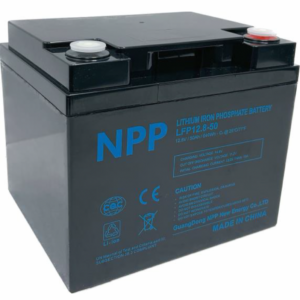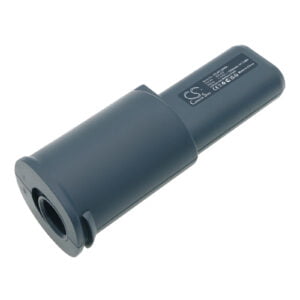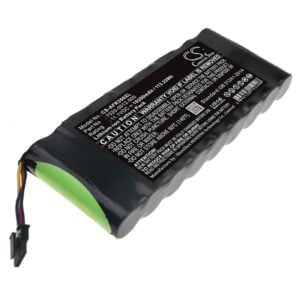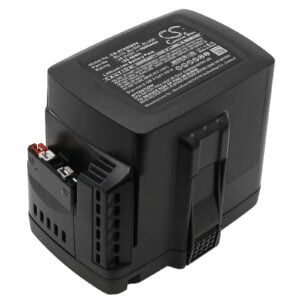-
$262.79
Philips 6073-A, M3840A, M3841A, M3848A, M3860A, M3861A, M3863A, M3863A-146144, M6462, M6463, M6474 CS-PHM863MD
Philips12VPhilips
$265.97Spacelabs 146-0142-00, 146-0142-02, GPDR204, NI2040, NI2040A22, NI2040A24, NI2040HD24, NI2040PH, NI2040-SL24, NI2040-SL29, NI2040XD24, NI2040XXL24, SM204 CS-AMS272MD
Anritsu11.1VSpacelabs
$276.83Husqvarna 967 07 19-01, 967 09 18-01, 967 09 19-01, 967 24 18-01, B70, BLi10, BLi100, BLi140, BLi200, BLi200X, BLi300, BLi50, BLi550X, BLi80, BLi950X CS-HTA536VX
Husqvarna36.0VHusqvarna
$288.19Mindray 022-000034-00, 022-000047-00, 022-000124-00, LI24001A, LI24I001A CS-MHD300MD
Mindray14.8VMindray
Lithium batteries come in various chemistries, including lithium-ion (Li-ion), lithium polymer (LiPo), and lithium iron phosphate (LiFePO4). Each chemistry has its own set of characteristics, such as energy density, safety, and cost.
Energy Density: One of the primary advantages of lithium batteries is their high energy density, which means they can store a significant amount of energy in a relatively small and lightweight package. This makes them ideal for portable devices where size and weight are crucial factors.
Rechargeability: Lithium batteries are rechargeable, allowing users to charge and discharge them multiple times. They have a relatively low self-discharge rate, which means they can hold their charge for extended periods when not in use.












